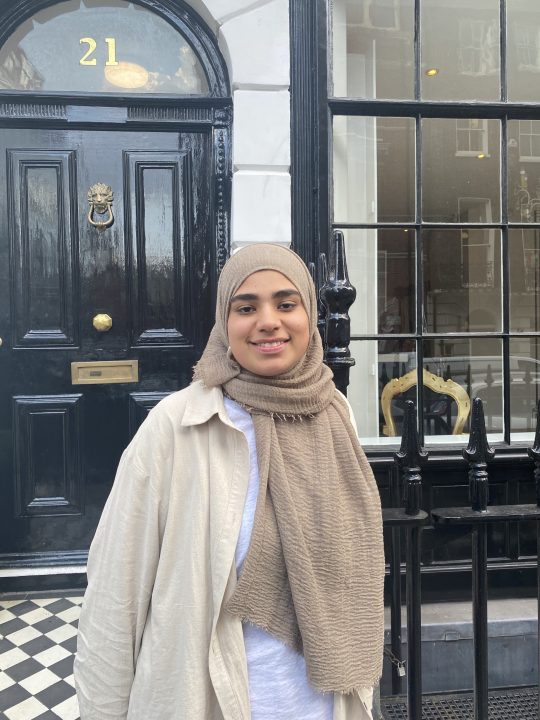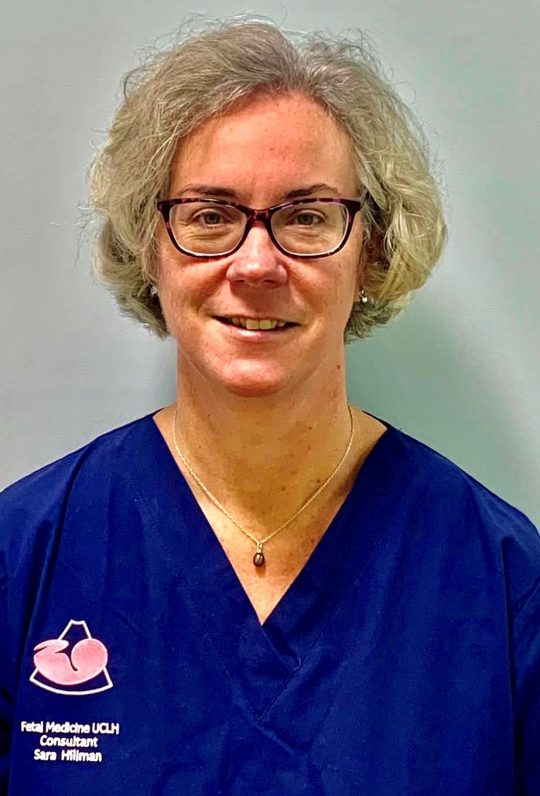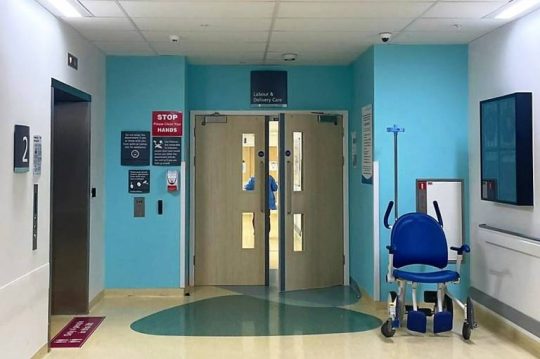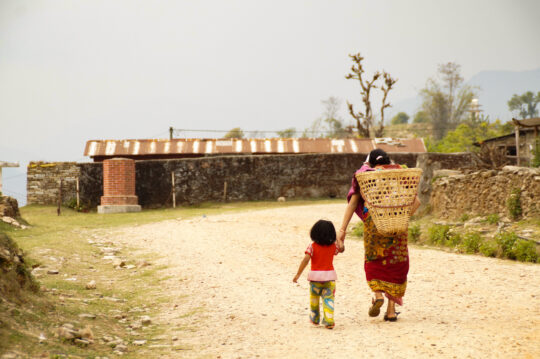
United Kingdom
Accessing Maternal Healthcare in a Hostile Environment
- Status
- Completed Research
- Research Year
- 2021-22
Over the past decade, forced and voluntary migration has been increasing while simultaneously becoming more complex. Historically, the London borough of Camden has been home to many refugees, people seeking asylum, and undocumented migrants. The area has witnessed not only a rise in the population of these migrant groups, but also changes to the barriers they face in accessing basic services, including quality maternal healthcare. Many of these barriers are directly tied to the UK’s so-called hostile environment immigration policies and the political climate they create to alienate and discourage “illegal” migrants from coming into the country, while implicating ordinary citizens in their implementation.
This report maps the direct impact of the hostile environment policies and the culture they create to understand the impact on maternal health service provision and the responses by the community organizations and healthcare professionals supporting this hard to reach population.
Researchers
-

University College London
Haleema Adil
-

-

-

-

Mentors
-

University College London
Sara Hillman
Associate Professor and Sub-Specialist in Obstetrics and Maternal and Fetal Medicine, University College London
-
Related Information
-

Frontiers in Digital Health
The impact of digital healthcare on vulnerable pregnant women: A review of the use of the MyCare app in the maternity department at a central London tertiary unit
-

Journal of Migration and Health
Effects of UK hostile environment policies on maternity care for refugees, asylum seekers, and undocumented migrants in Camden: Examining the experiences of healthcare professionals and community organisations
-

-

Taylor & Francis Online
The role of stigma on the pregnancy experiences of women with disabilities in Kathmandu: a qualitative study

